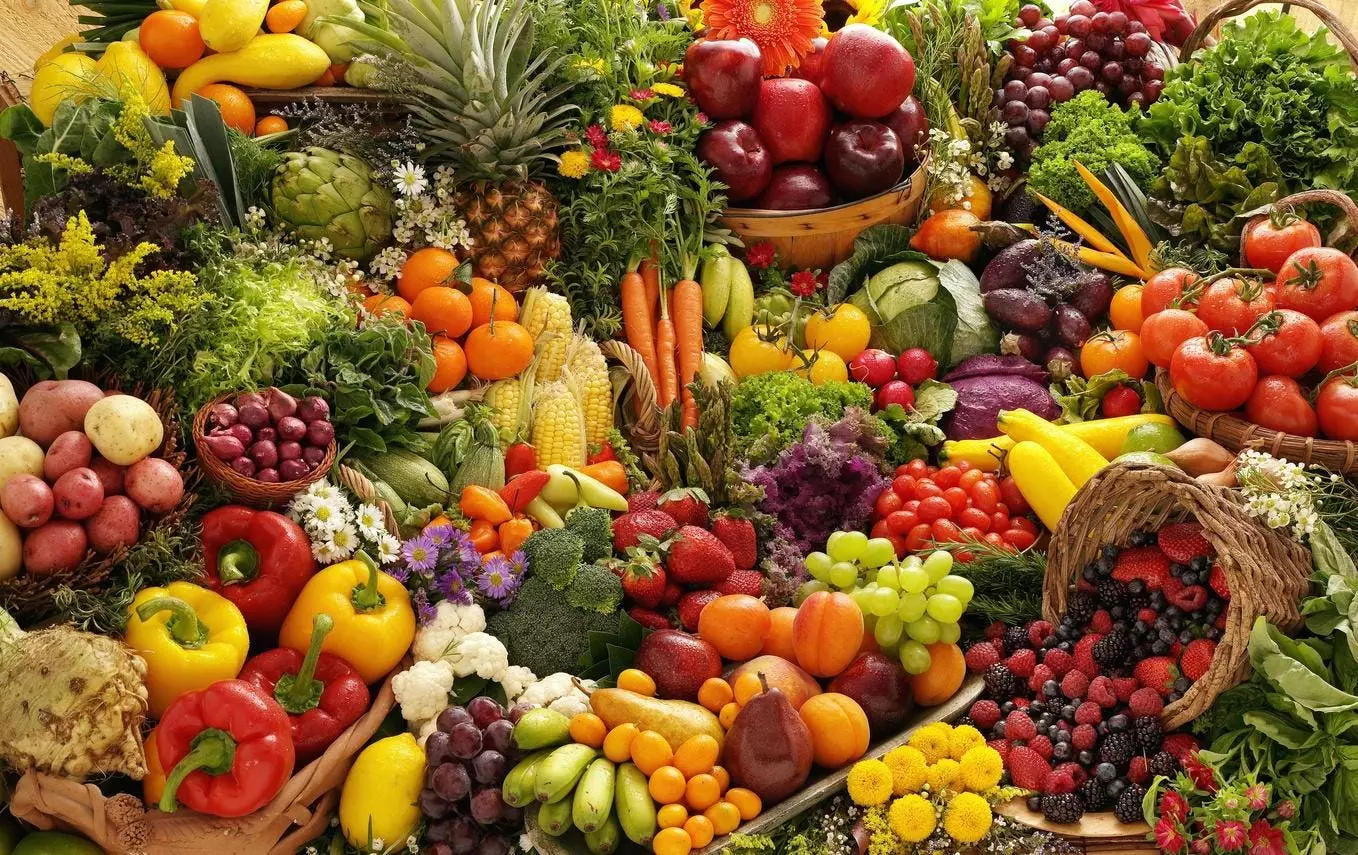The staggering statistics surrounding food waste in the United States paint a troubling picture: an estimated 30-45% of America’s food supply is discarded. This isn’t just a minor inconvenience; it’s a monumental issue interwoven with global hunger crises and environmental degradation. Hans Sauter, Chief Sustainability Officer at Fresh Del Monte, emphasizes the gravity of the situation, citing not just immense waste, but also the consequential rise in greenhouse gas emissions associated with such negligence. A shift in our food industry practices is desperately overdue—not only to enhance the efficiency of food production and distribution but also to address the critical issue of sustainability.
Food waste, particularly in the produce sector, can be categorized into five main types: rotten food, aesthetically challenged “ugly” food, old food that has lingered too long in the distribution chain, excess food that consumers can’t finish, and trimmed food bits like peels and seeds deemed inedible. Solutions to mitigate these types of waste require innovative strategies, and tackling these challenges is essential for fostering a more responsible food economy.
Pioneering Change: The Pacific Coast Food Waste Commitment
Addressing food waste on a significant scale requires collective action. To confront the complexity of food waste, stakeholders have banded together in initiatives like the Pacific Coast Food Waste Commitment (PCFWC), a collaboration formed by food retailers and suppliers across California, Oregon, and Washington. By pooling resources and engaging in knowledge sharing, these partnerships have catalyzed vibrant discussions and innovative pilot projects aimed at reducing food waste from its source to the consumer’s table.
A particularly noteworthy aspect of the PCFWC’s efforts is the hands-on engagement with frontline workers in food handling operations. This novel approach empowers the very people who interact with food daily to contribute their insights and brainstorm waste reduction strategies. Engagement not only enhances productivity within these organizations but also enriches the employees’ understanding of their role in global sustainability efforts.
Empowering Frontline Workers: A Game-Changer
In one such case study, Fresh Del Monte’s North Portland facility became a testing ground for transformative waste reduction strategies. Workers were educated about the implications of food waste and encouraged to contribute their ideas for better practices. This inclusive strategy resulted in an impressive turnout, with around 75% of employees engaging in the initiative and submitting a whopping 197 unique proposals for change.
The emotional and intellectual investment conveyed by the staff showcases a powerful potential for transformation within the food industry. Sauter observed firsthand how the workers drew parallels between the waste in their workplace and the waste in their own homes. This realization not only fostered accountability but also generated practical solutions that could directly influence the company’s operations. The outcome? A remarkable 53.2% recovery of fruits that would have otherwise been wasted, simply by altering procedural steps in the sorting and sanitation process.
Avenues for Recovery: Solutions Beyond the Norm
Fresh Del Monte’s pilot project serves as a compelling reminder that tackling food waste doesn’t require a complete overhaul of existing systems; often, simple and actionable changes can yield substantial results. Beyond just recovering edible fruit that would have gone to waste, this endeavor highlights the importance of procedural modifications that can be easily adopted at other fresh-cut facilities.
Moreover, effective waste management should transcend basic recovery strategies. It should not only focus on preventing damage and loss but also incorporate practices such as product donation, recycling, and upcycling. By creating a multi-layered approach to waste management, we can recognize the complexities involved and develop comprehensive strategies that address them efficiently.
The Road Ahead: Collective Action and Shared Responsibility
The path to reducing food waste involves not just individual organizations but a concerted effort from various parties in the food supply chain. The necessity for pre-competitive collaborations has never been more apparent. As the food industry continues grappling with food waste, the emphasis should be on fostering environments where employees feel valued and empowered to contribute to the larger mission of sustainability.
Ultimately, transforming waste into wonder requires not only innovative solutions but also a mindset shift, one that acknowledges the significant impact of collective action. As we learn from the experiences of programs like PCFWC, there is immense potential for positive change when we prioritize engagement and shared responsibility in the quest for sustainability. It’s time for industries and communities alike to turn the tides on food waste—because every small change can lead to extraordinary outcomes in our fight against hunger and environmental harm.

